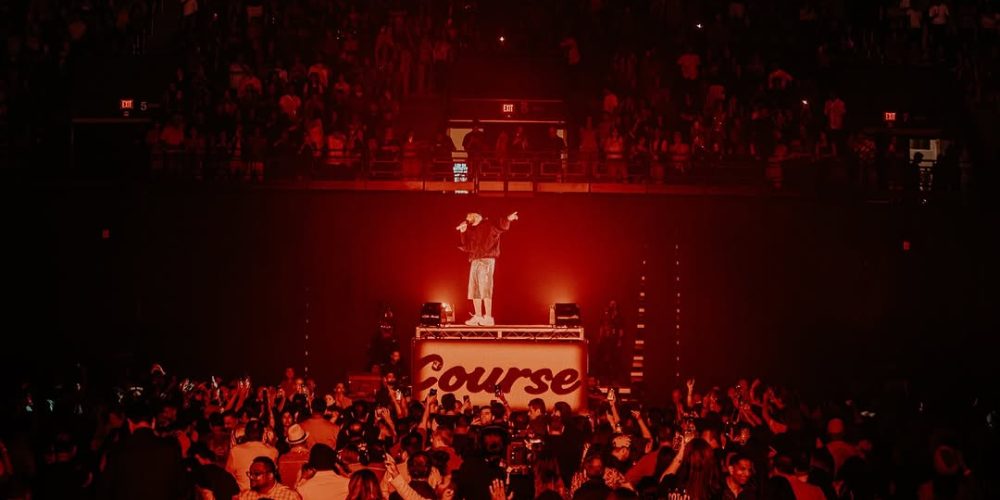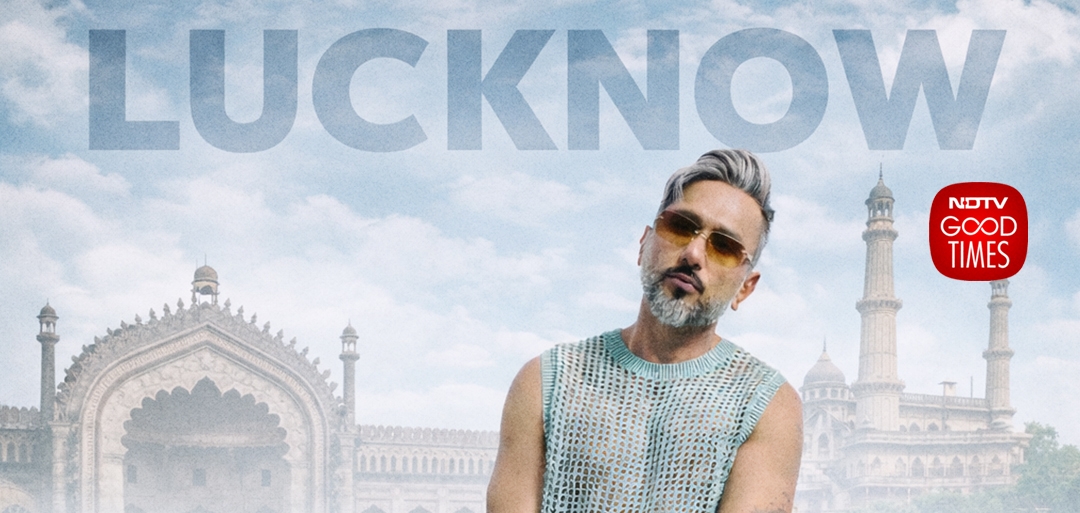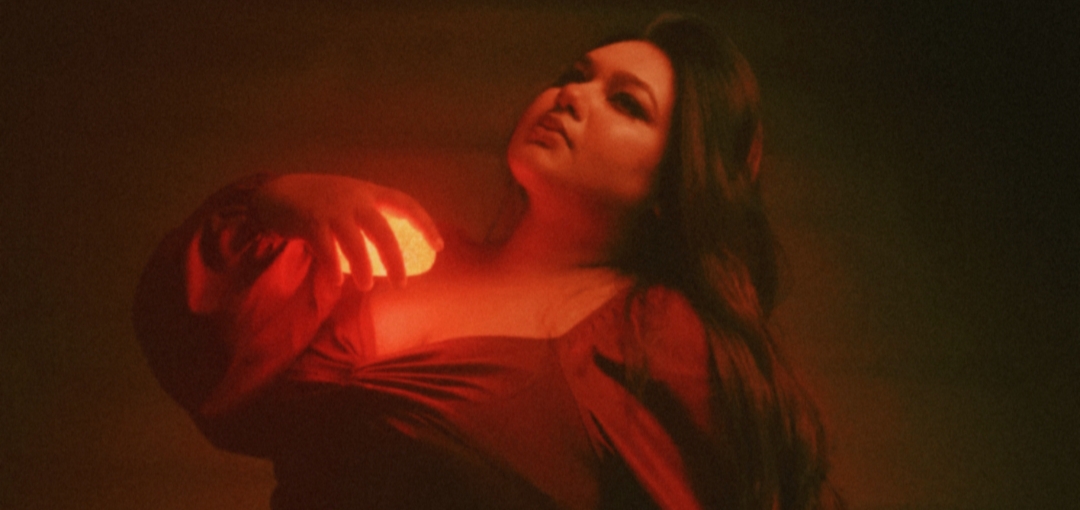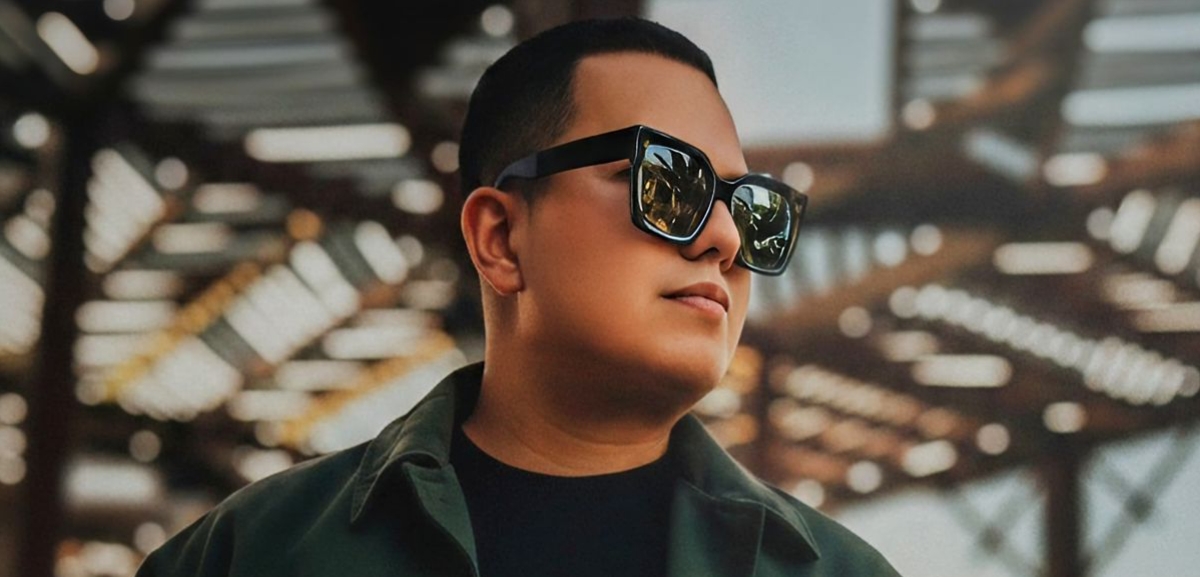Indian hip-hop superstar Badshah has achieved what no Indian rapper has done before—grossing a staggering ₹52 crore (approx. $6.2 million) from his “Unfinished Tour” in North America. With sold-out arenas across major U.S. cities, this marks a watershed moment for Indian music, proving that Desi hip-hop is not just regional but a global force.
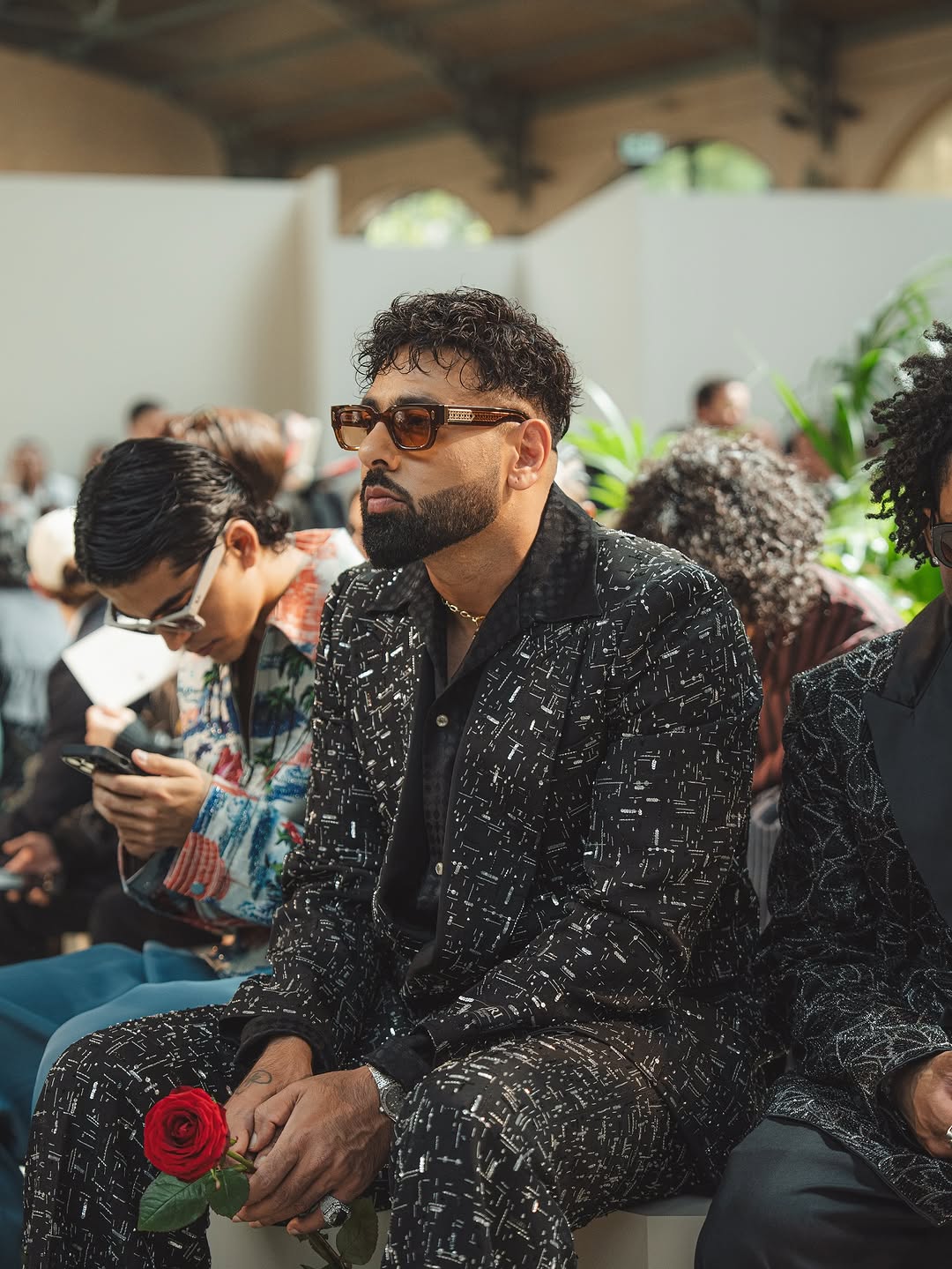
A Record-Breaking Tour Across America
The Unfinished Tour witnessed Badshah performing in New Jersey, Virginia, Seattle, Chicago, and Dallas, drawing over 45,000 fans in total. Each venue showcased not only the rapper’s chart-topping hits but also world-class production that rivaled some of the biggest global acts.

The shows blended state-of-the-art visuals, pyrotechnics, LED displays, and special effects with Badshah’s signature energy. Fans described the atmosphere as “historic” and “a turning point” for Indian hip-hop.
The ₹16 Crore Production Spectacle
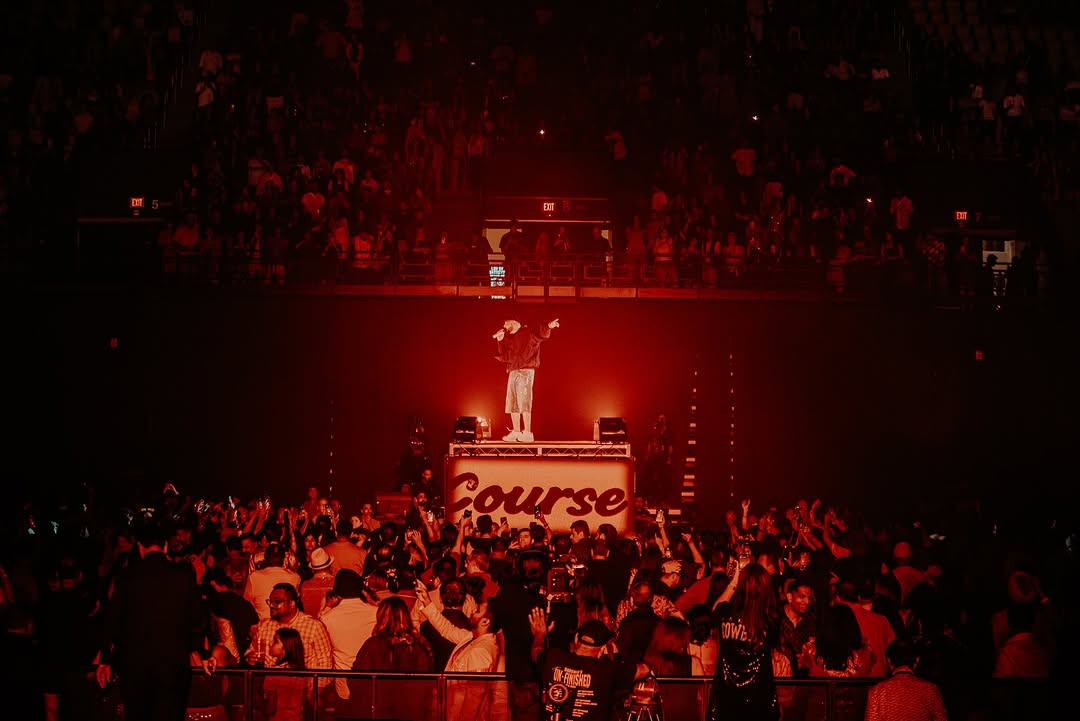
What makes the ₹52 crore milestone even more impressive is the investment behind the tour. The U.S. leg carried a $2 million (₹16 crore) budget, making it the most expensive Indian hip-hop stage show ever created.
The concerts featured:
- 20 kinesis hoists for aerial stage effects
- Dual hydraulic platforms for dynamic entry and movement
- Pyrotechnic explosions and firework cues
- Custom LED backdrops and synchronized lighting
Such a massive scale underscored Badshah’s intent: to position Indian rap alongside international icons like Drake, Travis Scott, and Post Malone.
Triumph with a Twist: The Health Scare
The celebration did not come without challenges. During the tour, He reportedly suffered a corneal abrasion, a painful eye injury caused by strain and fatigue. While minor, it highlighted the physical toll of constant high-intensity performances.
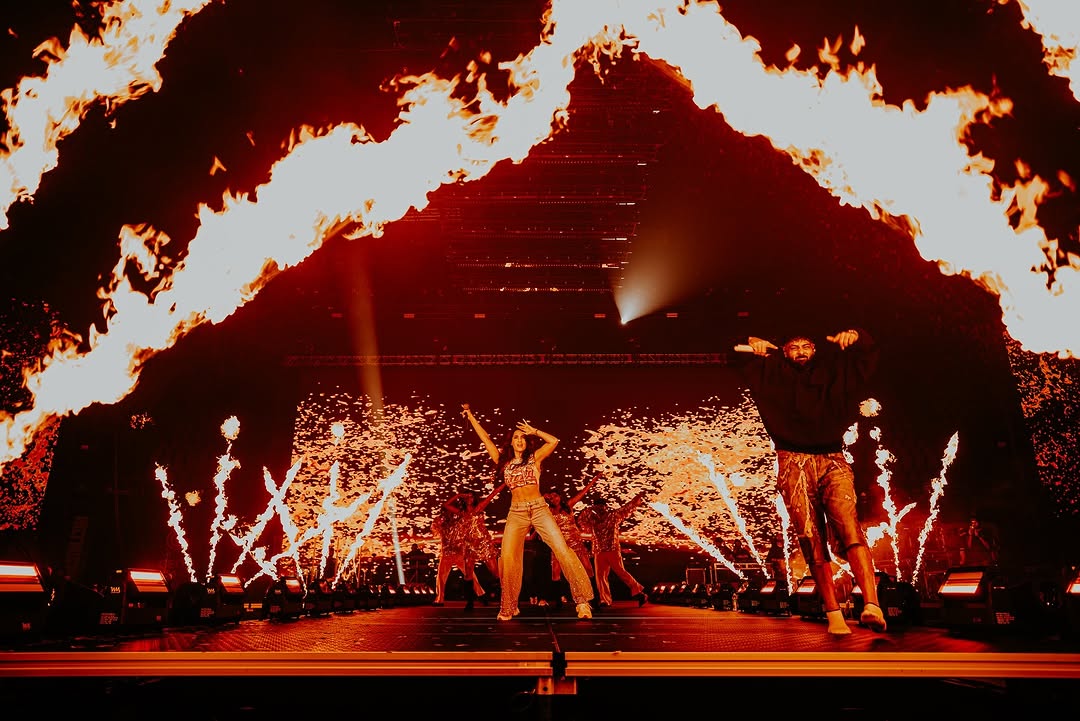
Despite the setback, He refused to cancel any show, winning respect for his dedication to fans and his determination to complete this landmark journey.
Why Badshah’s Milestone Matters
This isn’t just about record-breaking revenue. The ₹52 crore tour marks several firsts in Indian music history:
- First Indian rapper to headline and sell out multiple U.S. arenas.
- Proof of global potential for Desi hip-hop as a competitive force in mainstream music.
- A gateway for future Indian artists to push beyond regional recognition.
He has effectively opened the doors for Indian rappers and pop acts to dream bigger and aim for the international stage.
Global Impact of Desi Hip-Hop
The success of the Unfinished Tour comes at a time when Indian hip-hop is rising rapidly. Artists like Divine, AP Dhillon, Raftaar, and Emiway Bantai have already expanded audiences in Canada, the U.K., and Australia.
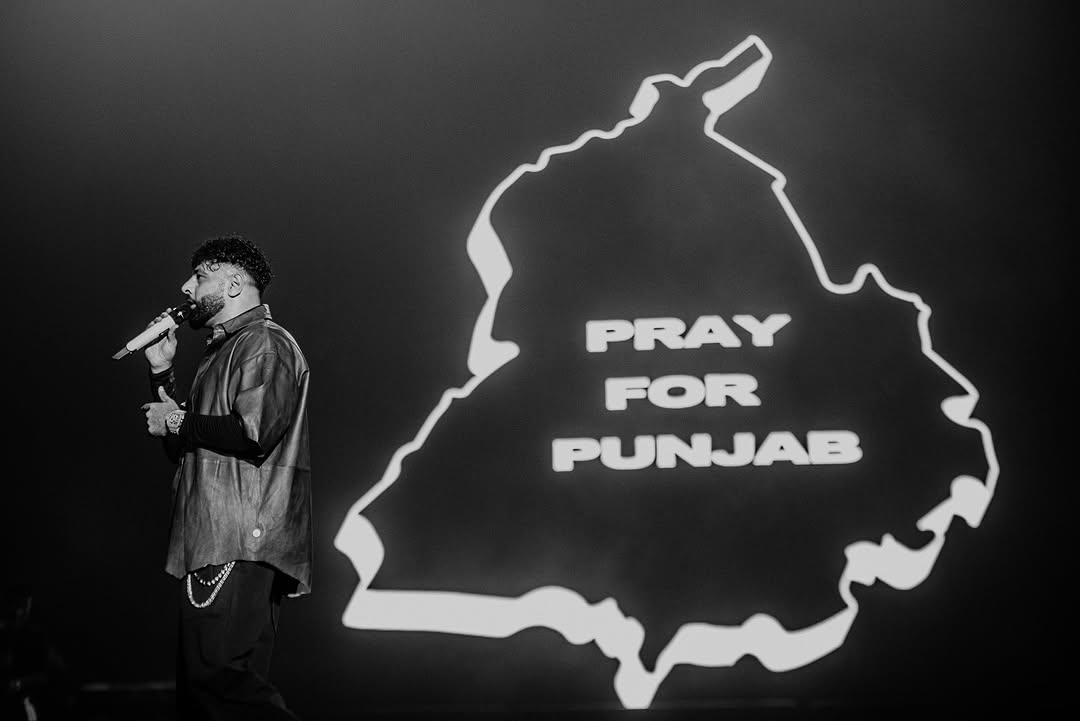
However, Badshah’s historic U.S. arena domination puts Desi rap in the same conversation as global hip-hop heavyweights. This move could accelerate collaborations with international stars, opening up a new global market for Indian music.
Fan Reactions: “Badshah Did It for India”
Social media exploded with reactions as soon as the earnings were reported. Fans trended hashtags like #BadshahInAmerica and #DesiHipHopGlobal.
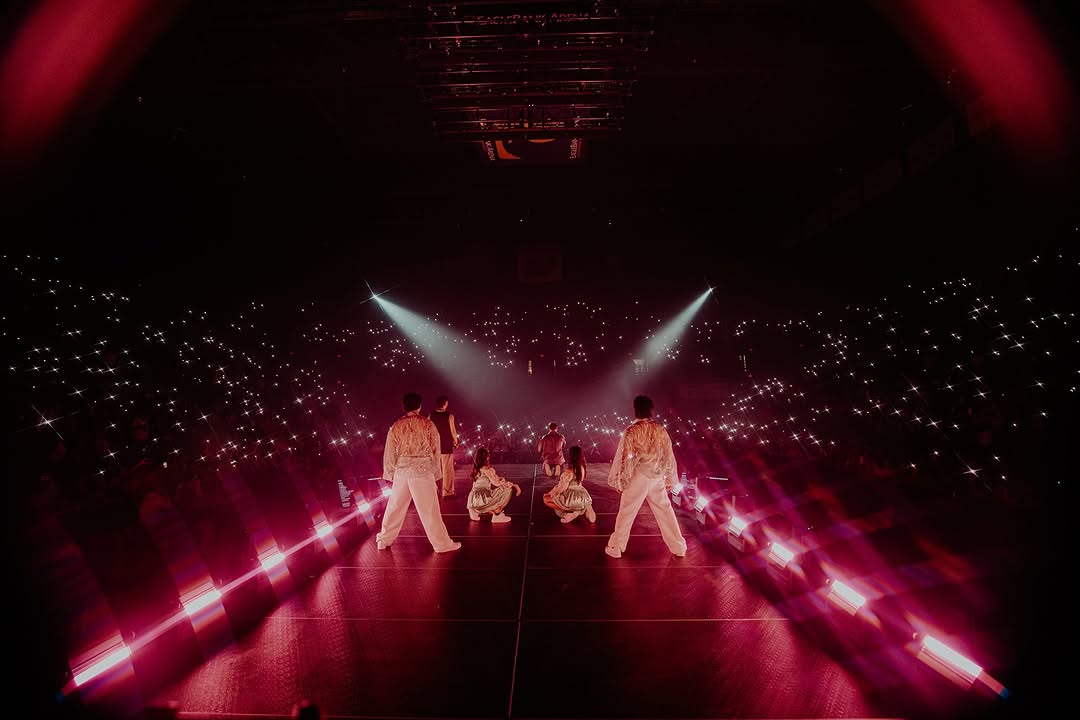
Many described the tour as a “moment of pride for India” while others called it the blueprint for future Indian concerts abroad.
The Future of Indian Music Tours
With He proving the model successful, music insiders believe more Indian artists will now attempt large-scale international tours. The infrastructure, budgets, and global fan demand are finally aligning to make Indian music a recognized export.
This could be the beginning of a new era where Indian rappers and singers are no longer restricted to Bollywood audiences but can headline Madison Square Garden or The O2 Arena with ease.
Final Word
Badshah’s ₹52 crore U.S. success is more than just numbers—it is a cultural milestone. It shows the world that Indian hip-hop is ready to compete at the highest level, delivering both artistry and scale.
As the rapper himself said in a backstage moment: “This is just the beginning. India is coming for the world.”
With this achievement, Badshah hasn’t just secured his legacy—he has rewritten the future of Indian music.
